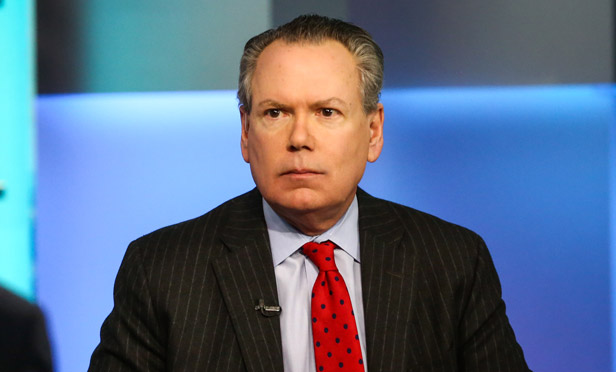
 SIFMA CEO Ken Bentsen.
SIFMA CEO Ken Bentsen.
The state of the financial services industry is not as vibrant as it was a year ago. Nor is the economy.
Those are just two of the takeaways from a press briefing by the CEO and chairman of the Securities Industry and Financial Markets Association on Thursday.
According to SIFMA President and CEO Ken Bentsen, bond issuance has declined this year and equity IPOs are well below their peaks in 2014 and the 1990s.
Total bond issuance is up 1.2% this year; excluding Treasuries, however, it's down 8%, reflecting declines in the issuance of municipal bonds (down 14%), corporate bonds (off 16.5%) and asset-backed securities (down 10%). Mortgage-related securities issuance rose but only slightly, up 0.8%.
Looking ahead, SIFMA's survey of 21 industry economists forecasts 2.6% GDP growth in 2019, down from 2.9% for all of 2018 as well as another interest rate hike by the Federal Reserve later this month. (The full report of its Economic Advisory Roundtable will be released next week.)
In their press briefing, Bentsen and SIFMA Chairman Jim Allen, the chairman & CEO of Hilliard Lyons, a wealth management firm, discussed some of SIFMA's priorities and expectations for 2019, among them the SEC's proposed best-interest standard for broker-dealers.



